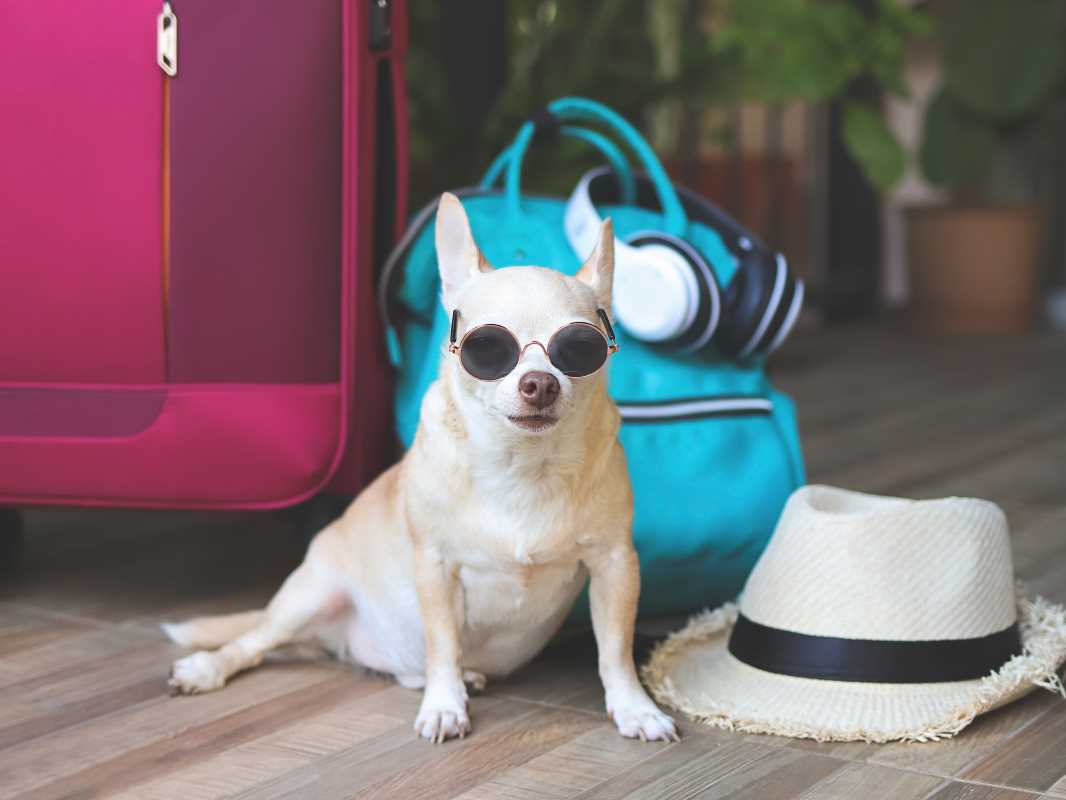Traveling opens the door to unforgettable experiences—meeting new people, trying unique foods, and exploring places you’ve always dreamed about. Yet, these opportunities can come with risks. Scammers often target tourists because they may be less familiar with the area, distracted by sightseeing, or unsure of local customs. With the right knowledge and a few preventative habits, you can enjoy your journey while sidestepping the most common traps. Here’s a comprehensive guide to recognizing and avoiding travel scams so you can explore with confidence.
The Taxi Scam: When the Meter Isn’t Your Friend
In many busy tourist destinations, some taxi drivers see unfamiliar visitors as easy prey. They might:
- Take unnecessarily long routes to inflate the fare.
- Refuse to turn on the meter and demand a higher fixed price later.
- Claim the meter is broken and insist on an inflated cash payment.
How to Avoid It:
- Research ahead of time – Identify reputable taxi companies or recommended drivers through travel forums and hotel staff.
- Use ride-hailing apps – Services like Uber, Lyft, Grab, or Bolt often display the fare upfront.
- Agree on a price before entering – If the taxi has no meter, settle on a rate beforehand and confirm it in writing or on your phone if possible.
- Track your route – Use a map app to ensure you’re heading in the right direction.
The Fake Attraction or Ticket Scam
Some scammers pose as helpful locals or “official” agents, claiming they can get you exclusive entry, VIP tours, or heavily discounted tickets. Sometimes the attraction they’re promoting doesn’t exist at all.
Red Flags to Watch For:
- Someone approaching you with an offer that sounds better than anything you’ve seen online.
- Requests for cash-only payments with no receipt.
- Vague explanations about what’s included in the ticket or tour.
How to Avoid It:
- Buy tickets only from official websites or authorized vendors.
- Research prices for attractions in advance so you recognize overcharging.
- Ignore pressure tactics—legitimate attractions won’t force you to decide instantly.
ATM Skimming and Card Fraud
Thieves in tourist areas sometimes use small devices to copy your card’s magnetic strip data and hidden cameras to steal your PIN. Once they have your details, they can drain your account.
Prevention Tips:
- Only use ATMs inside banks, hotels, or secure shopping centers.
- Inspect the card slot—if it looks loose, bulky, or unusual, avoid it.
- Cover the keypad with your hand when entering your PIN.
- Consider using a credit card instead of a debit card since credit cards offer stronger fraud protection.
The Fake Petition Scam
This scam often targets tourists in busy public areas. A seemingly friendly person asks you to sign a petition—for charity, disability rights, or another cause. While you’re distracted, an accomplice may pickpocket you. In other cases, the scammer demands a “donation” once you’ve signed.
How to Avoid It:
- Politely decline and keep moving.
- Stay alert in crowded spaces where distractions are common.
The “Closed” Hotel or Attraction Scam
A driver, guide, or stranger tells you your hotel, tour, or attraction is closed due to renovations or a local holiday. They’ll then offer to take you to an “alternative” place—often one where they earn a commission, and you overpay.
Prevention Strategies:
- Call your hotel or attraction directly to confirm status.
- Avoid accepting help from unsolicited strangers who approach you on the street.
The Overpriced Souvenir or Restaurant Bill
Tourist zones sometimes feature inflated prices for food, drinks, or souvenirs, especially if the price isn’t clearly marked. Unsuspecting travelers may only realize the overcharge when the bill arrives.
How to Protect Yourself:
- Always check menus for prices before ordering.
- Confirm whether a service charge is already included.
- For souvenirs, shop around before making a purchase to compare prices.
The “Helpful” Stranger at the ATM or Ticket Machine
Some scammers offer to assist you with buying train tickets or using an ATM, especially in areas where machines are in another language. While pretending to help, they may memorize your PIN or subtly swap your card.
How to Avoid This:
- Decline unsolicited help.
- If you need assistance, ask a uniformed staff member.
Research and Preparation: Your First Line of Defense
Before your trip:
- Read up on common scams in your destination—websites like TripAdvisor forums or travel blogs often list recent incidents.
- Check official travel advisories for safety alerts.
- Learn basic local phrases for emergencies, like “Help!” or “Call the police!”
- Save local emergency numbers in your phone.
Practical Safety Habits While Traveling
Even outside of specific scams, certain habits reduce your overall risk.
- Keep valuables secure – Use a money belt or crossbody bag with anti-theft features.
- Stay alert in crowds – Festivals, transit stations, and markets are prime pickpocket spots.
- Limit what you carry – Leave unnecessary cards, documents, and large sums of cash in your hotel safe.
- Blend in when possible – Flashy jewelry, expensive gadgets, and brand logos can attract unwanted attention.
Trust Your Instincts
If something feels off, it probably is. Your intuition is one of your best tools while traveling. Don’t be afraid to:
- Walk away from a deal that feels suspicious.
- Refuse help from someone you didn’t ask.
- Step into a store, hotel lobby, or other safe space if you feel uncomfortable.
 (Image via
(Image via





